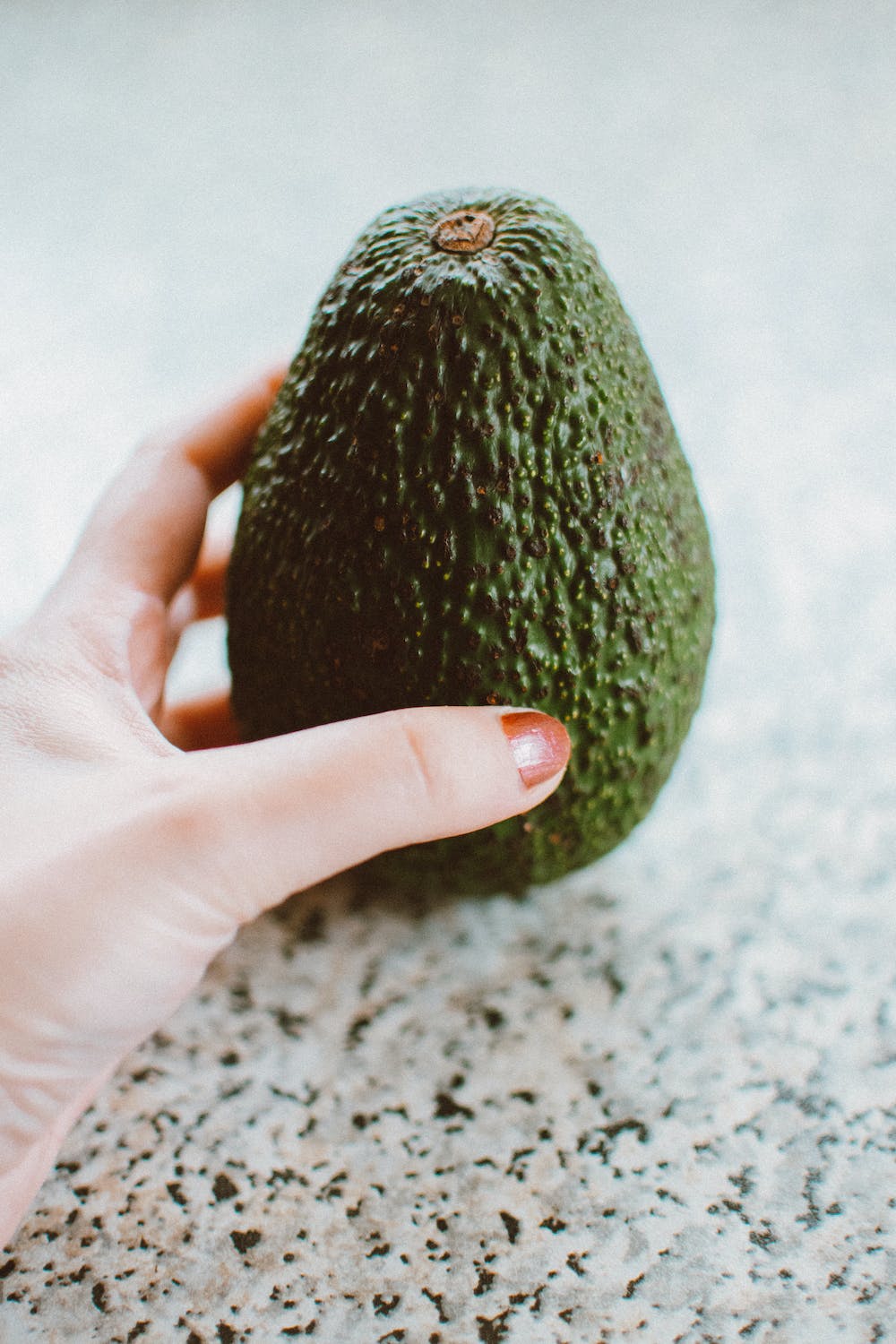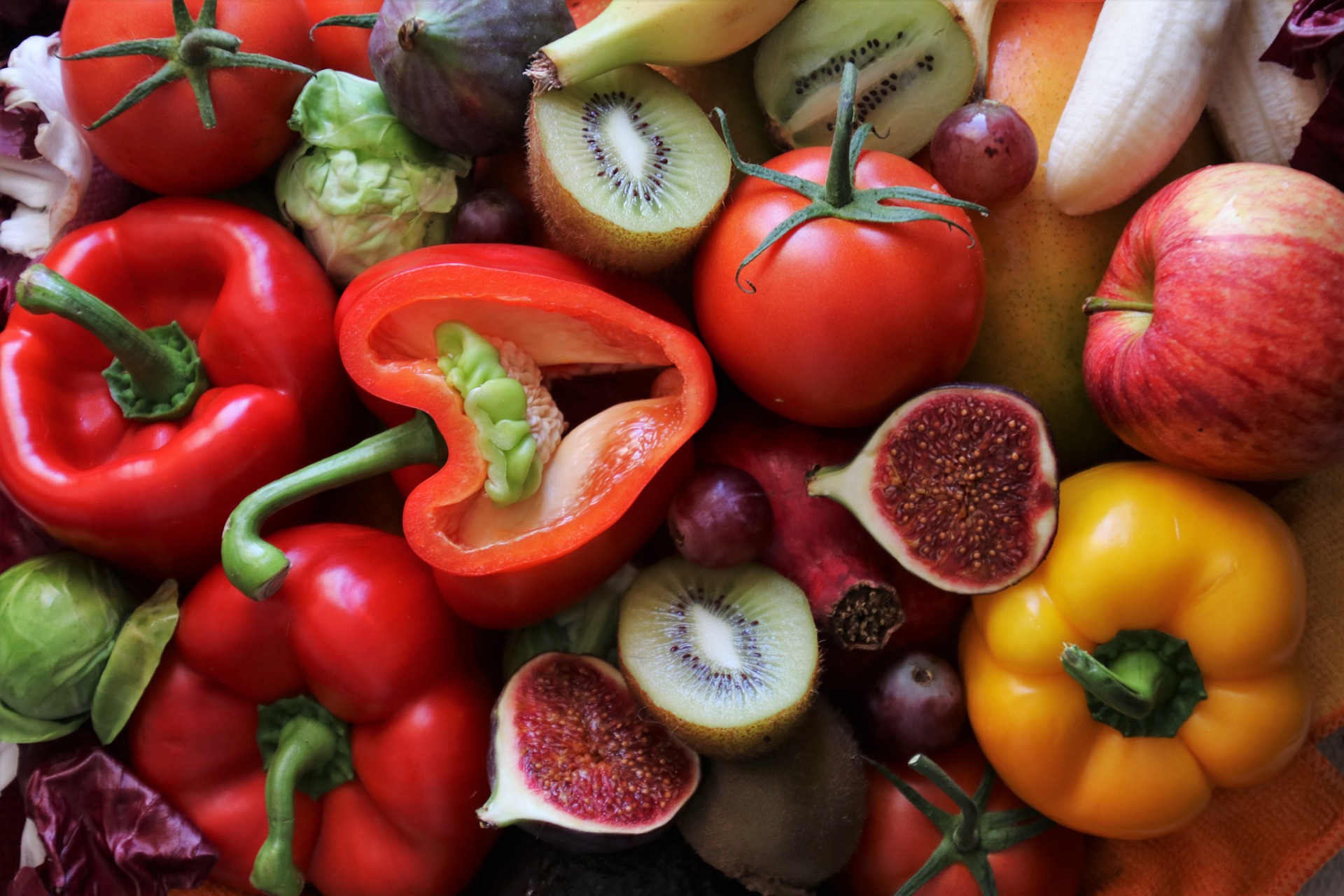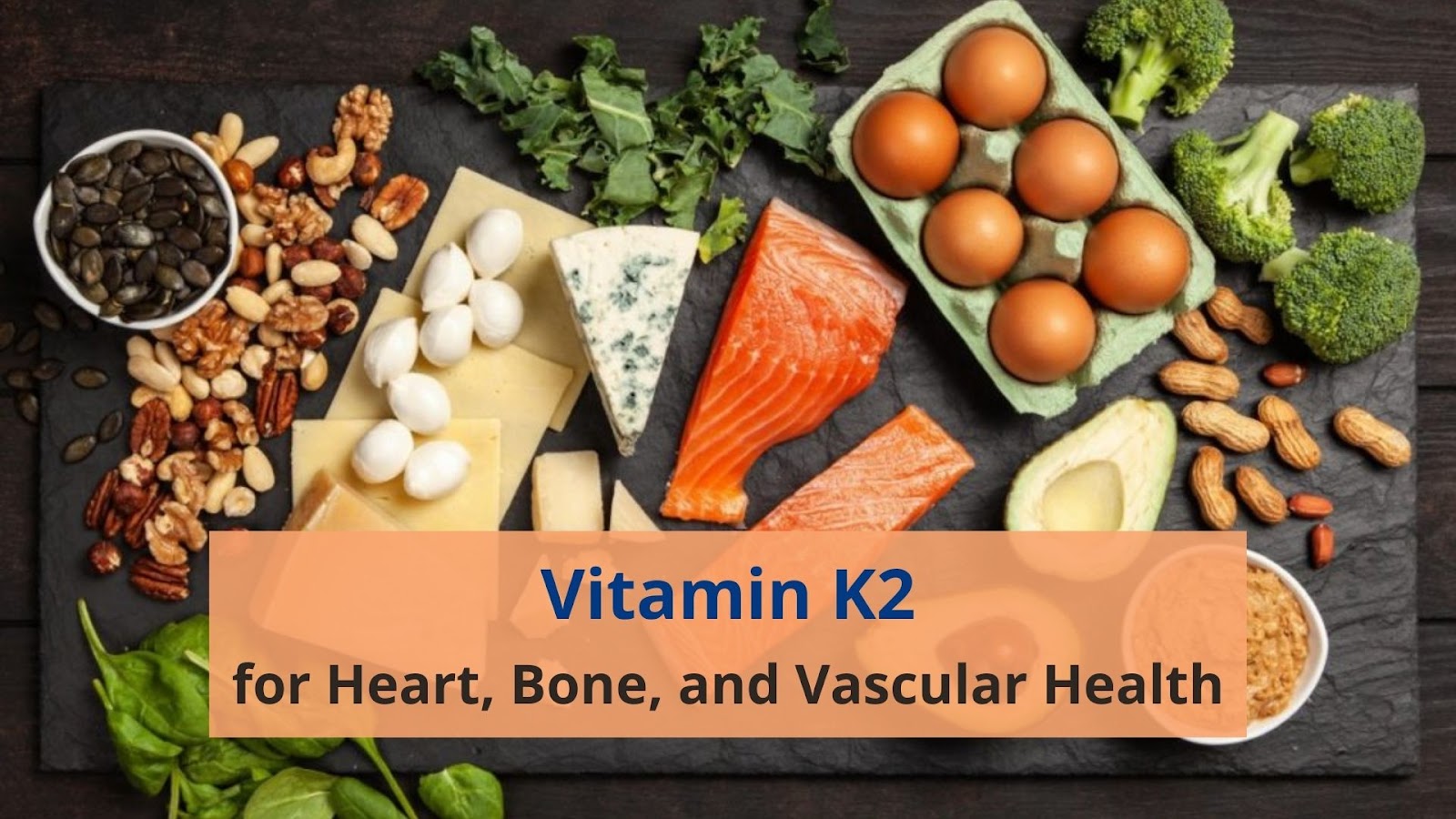"Exploring the Powerful Benefits of Vitamin E for Your Health and Well-Being"
Vitamin E is an essential nutrient that plays a crucial role in maintaining a healthy body. It is a fat-soluble antioxidant that helps protect cells from damage caused by free radicals, which are harmful molecules that can cause oxidative stress and contribute to chronic diseases.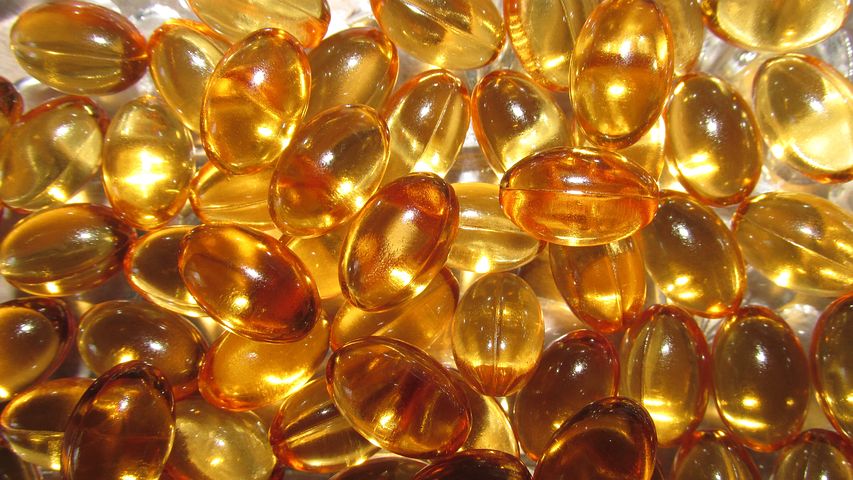
Benefits of Vitamin E:
- Improves Skin Health: Vitamin E is known for its ability to improve skin health by promoting cell regeneration and reducing inflammation. It can also help prevent UV damage and reduce the appearance of scars and blemishes.
- Boosts Immune System: Vitamin E helps support the immune system by protecting white blood cells from oxidative damage and reducing inflammation.
- Promotes Eye Health: Vitamin E can help reduce the risk of age-related macular degeneration, which is a leading cause of vision loss in older adults.
- Reduces the Risk of Chronic Diseases: Studies have shown that vitamin E may help reduce the risk of chronic diseases such as heart disease, Alzheimer’s disease, and some types of cancer.
- Helps with Hormonal Imbalances: Vitamin E can help regulate hormones and reduce symptoms associated with PMS and menopause.
Vitamin E and Health:
Vitamin E plays a key role in several bodily functions, and a deficiency can lead to a variety of health problems. Here are some of the diseases and health conditions where vitamin E plays a key role:
- Cardiovascular disease: Vitamin E is a powerful antioxidant that can help prevent the formation of plaque in arteries, reducing the risk of heart disease and stroke.
The Heart Outcomes Prevention Evaluation Study -https://pubmed.ncbi.nlm.nih.gov/11790215/ - Alzheimer’s disease: Studies have suggested that vitamin E may help slow the progression of Alzheimer’s disease by reducing oxidative stress in the brain.
Effects of vitamin E on cognitive performance during ageing and in Alzheimer’s disease – https://pubmed.ncbi.nlm.nih.gov/11296555/ - Parkinson’s disease: Vitamin E may help protect the brain from damage caused by free radicals, which can contribute to the development of Parkinson’s disease.
Vitamin E and Parkinson’s disease: a review of clinical trials and epidemiological studies – https://pubmed.ncbi.nlm.nih.gov/19152482/ - Eye diseases: Vitamin E may help reduce the risk of age-related macular degeneration, which is a leading cause of vision loss in older adults.
Vitamin E and risk of cataract: a meta-analysis – https://link.springer.com/article/10.1007/s00394-014-0771-6 - Immune system disorders: Vitamin E plays a critical role in the functioning of the immune system, helping to protect the body from infections and diseases.
Effect of vitamin E supplementation on the regular treatment of seasonal allergic rhinitis – https://www.sciencedirect.com/science/article/pii/S1567576912000857 - Skin disorders: Vitamin E can help improve skin health by reducing inflammation, promoting cell regeneration, and protecting the skin from UV damage.
- Reproductive health: Vitamin E may play a role in fertility, as it helps to protect sperm and promote healthy reproductive function in both men and women.
Sources of Vitamin E:
Vitamin E can be found in many foods, including nuts, seeds, and vegetable oils. Here are some Excellent sources of Vitamin E (Alpha-Tocopherol) :
Alpha-Tocopherol- is an antioxidant which is type of Vitamin e.
Recommendations from FNB’s are for alpha-tocopherol alone.
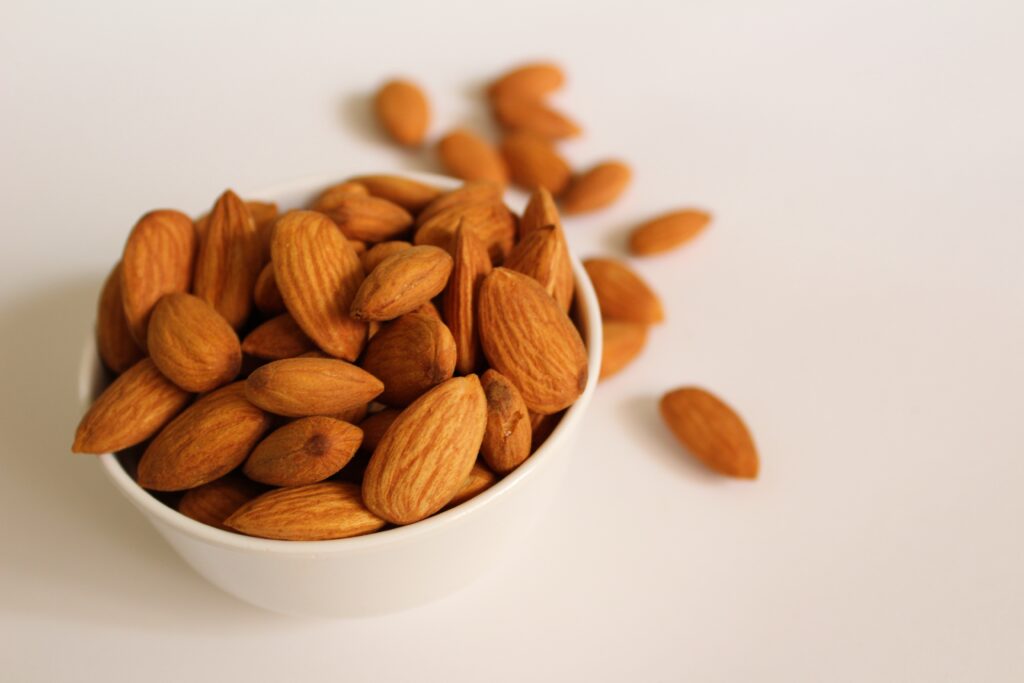
- Wheat germ oil – 1tablespoon 20.3mg
- Almonds – 28gm contains 7.3 mg of Vitamin E.
- Sunflower Seeds – 28gm contains 7.4 mg of Vitamin E.
- Avocado – 1 whole fruit contains 2.7 mg of Vitamin E.
- Peanuts dry roasted – 2.2 mg of Vitamin E.
- Spinach – 1 cup contains 1.6 mg of Vitamin E.
- Broccoli – 1 cup contains 2.4 mg of Vitamin E.
Some of the top recommended Vitamin e capsules
https://amzn.to/3Itihlq
Content Sources
- “Vitamin E”. National Institutes of Health. https://ods.od.nih.gov/factsheets/VitaminE-HealthProfessional/.
- “Vitamin E and Skin Health”. Oregon State University. https://lpi.oregonstate.edu/mic/health-disease/skin-health/vitamin-E.
- “Vitamin E”. Cleveland Clinic. https://my.clevelandclinic.org/health/articles/16740-vitamin-e.
- “Vitamin E and Immunity”. Healthline. https://www.healthline.com/health/food-nutrition/vitamin-e-immunity.
- “The Role of Vitamin E in Immunity”. Nutrients. https://www.ncbi.nlm.nih.gov/pmc/articles/PMC6266234/.
